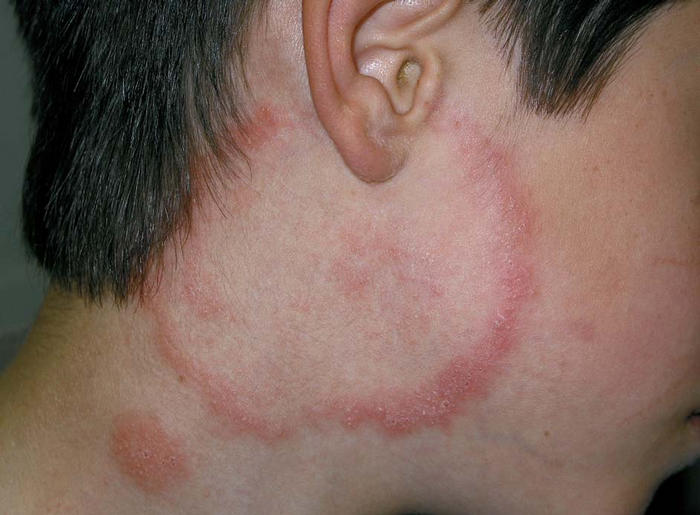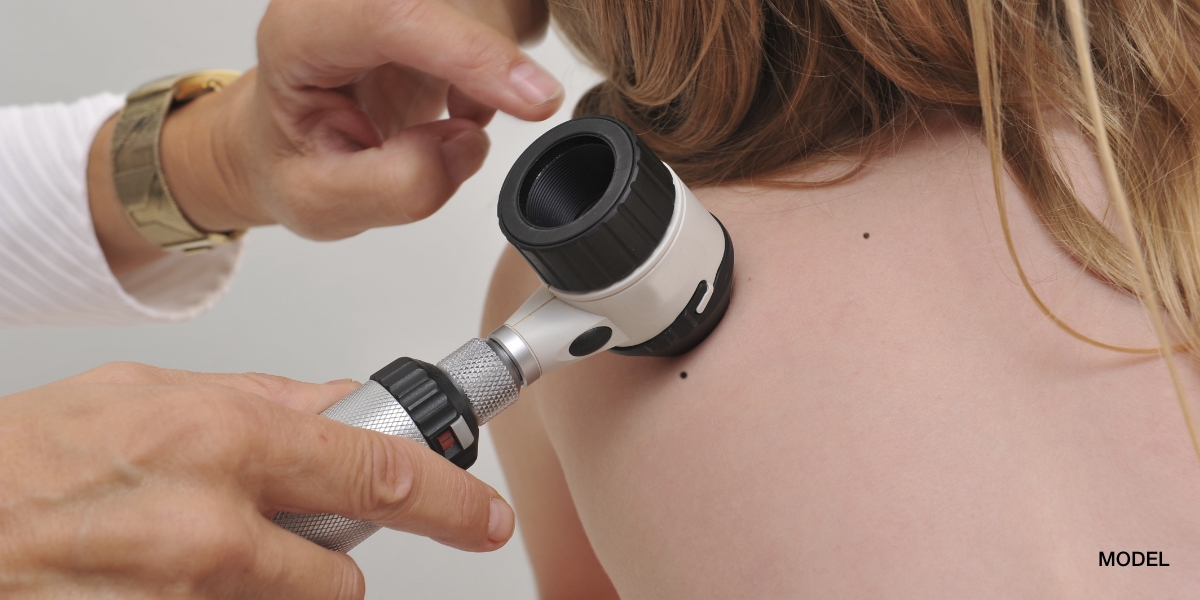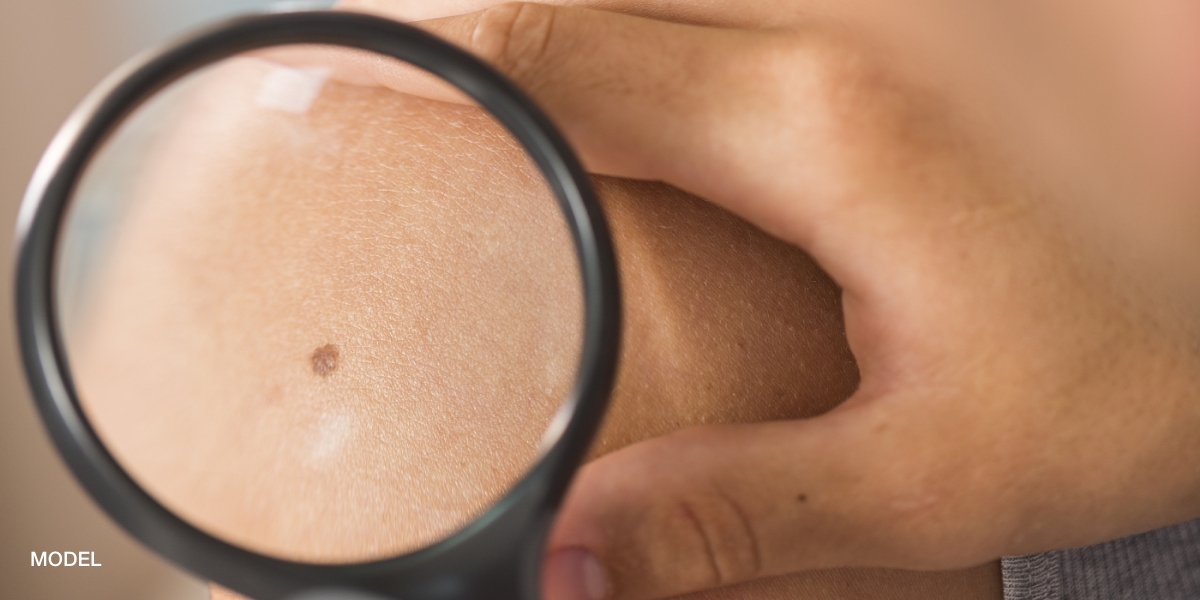Tinea Faciei occurs when fungus infects the face but is a rather rare location to diagnose tinea and I do not often encounter it in either my Woodlands dermatology or Conroe dermatology clinics. Most patients with tinea faciei are children and they usually acquire the fungus from animals. Trichophyton tonsurans is the most common type of fungus responsible for tinea faciei. Clinically, it is sometimes difficult to diagnose tinea faciei as the hallmark circular/annular plaques are usually absent and only a slight scaling on the skin may be present. One major distinguishing feature of all superficial fungal infections, is the presence of a border between normal skin and rash. The cheeks are the most common place on the face to find tinea faciei. In men, tinea faciei is usually found in the beard area and is called tinea barbae. Seborrheic dermatitis is the most similar rash in the differential diagnosis of tinea faciei and may only be determined by KOH microscopy in many cases. Typically, tinea faciei can be treated with Lamisil cream, but in cases in which tinea faciei was first treated with a topical steroid, oral Lamisil may be needed. Topical steroids are essentially “fungal food” and cause a fungus to grow larger and usually deeper in the skin down hair follicles.
September 22, 2010




